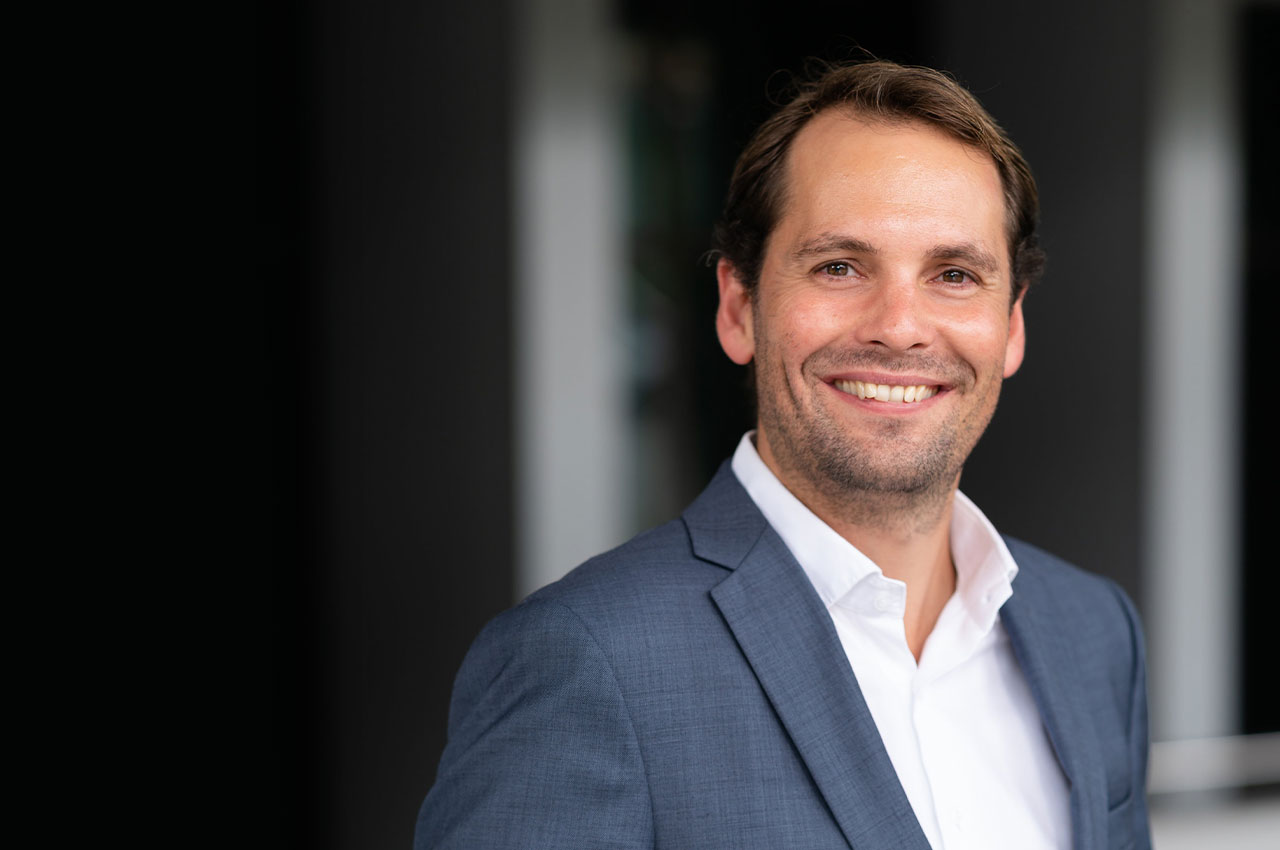Up close with: Wouter de Hamer, Chief Consultancy Officer, H2i
Wouter de Hamer discovered a fascination for water early, having grown up below sea level in the Province of Flevoland, the world’s largest reclaimed polder, and surrounded by the Netherlands’ massive water infrastructural projects.
After receiving his MSc. degree in Water Engineering & Management at the University of Twente, Wouter embarked on a 12-year career with engineering consultancy Royal HaskoningDHV, first as a project engineer and project manager, and later as business development manager and advisory group director in the South East Asia region.
Earlier this month, that same passion for water led him to join the Hydroinformatics Institute (H2i) as its Chief Consultancy Officer, following Royal HaskoningDHV’s acquisition of a minority stake in the Singapore-based company.
“That early exposure has influenced all the roles I have gone on to take,” says Wouter, who complemented his engineering background with an MBA from the Manchester Business School in 2015. “What drives me is the desire to contribute to a better living environment – in particular, to protect people and their property against growing flood risks.”
Wouter’s career, which has included postings in Nigeria, Indonesia, the Philippines and Singapore, has seen him consult for large infrastructural projects. Among those that left a strong impression on him was one undertaken in the aftermath of Super Typhoon Yolanda (Haiyan), which battered the Philippine coastline in 2013, and is reported to have killed thousands of people and displaced four million more. Wouter, who was then living in the Philippines, was part of an integrated team that developed a coastal protection strategy for the area, using both man-made and natural structures.
“As a person, you want to do something more than give short-term aid. I like to contribute ideas that have long-term impact,” he says.
He hopes to continue to make an impact on global water-related challenges in his current role at H2i, where he plans to bolster the company’s consulting offerings and grow the reach of its digital services. H2i has already helped water agencies in countries like Singapore overcome water-related challenges, using innovative solutions to boost urban flood resilience and better prepare them for threats like climate change.
“The expertise and tools H2i has developed in a vast number of areas, from urban flood resilience to coastal protection, can have a much wider application in other parts of the world,” he says.
H2i can avail of Royal HaskoningDHV’s commercial capabilities simultaneously growing its own, while Royal HaskoningDHV can tap on H2i’s expertise in digital solutions. The two companies have already jointly pitched for large-scale projects, including early flood warning systems and water quality monitoring systems in the Philippines and Vietnam. H2i has previously delivered similar services in Singapore, Oman and Sri Lanka.
“While traditional approaches have favored infrastructural development like the building of dykes, digital technologies like big data, artificial intelligence and machine learning provide the next generation of solutions. Cities can anticipate problems and prepare for them, and have real-time insights in a matter of seconds. There is huge potential for harnessing technology in water-related issues.
“These are exciting times for technology companies like H2i,” he says.
